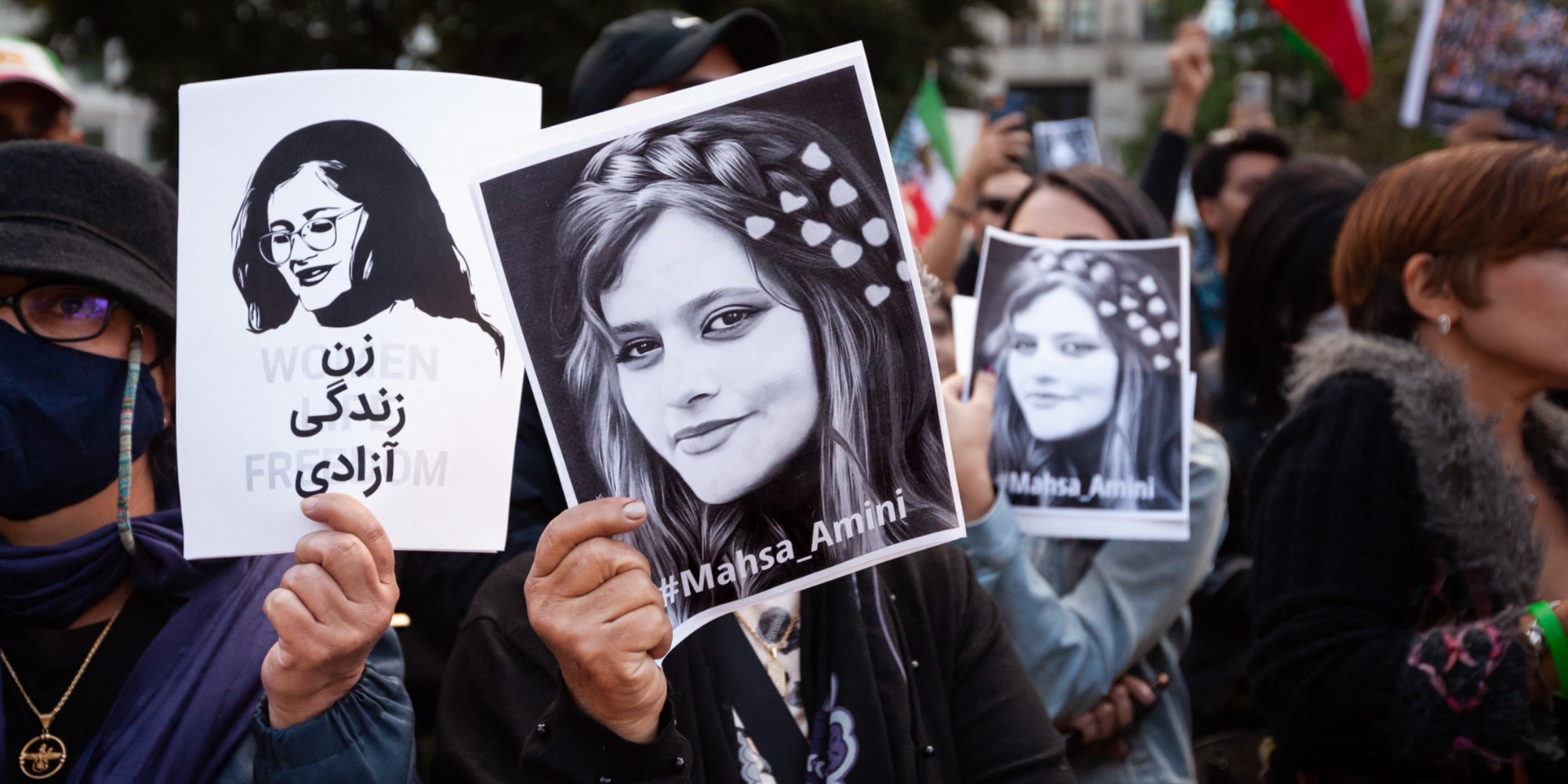Iranian justice has sentenced two journalists to seven and six years in prison for helping to publicize the death in custody of Mahsa Amini, which sparked a vast protest movement in Iran. Elaheh Mohammadi, 36, and Niloufar Hamedi, 31, have been incarcerated in Evin prison in Tehran since their arrest at the end of September 2022, a few days after the death of the 22-year-old Iranian Kurd.
Six and seven years in prison
At the end of her trial, which has been held behind closed doors since May 29, Elahe Mohammadi, a reporter for the daily Ham Mihan, was sentenced to six years in prison for collaboration with the United States, five years for conspiracy against the security of the country and one year for propaganda against the Islamic Republic, the Mizan Online justice agency announced on Sunday.
Tried separately, photojournalist Niloufar Hamedi, 31, of the reformist daily Shargh, was sentenced to seven years in prison for cooperation with the United States, five years for plotting against the security of the country and one year for propaganda against the Islamic Republic, added the same source. Under Iranian law, the heaviest penalty applies.
While the verdict can be appealed within 20 days, the two journalists’ lawyers had not reacted as of midday Sunday. Niloufar Hamedi was arrested less than a week after the death of Mahsa Amini, when she went to the hospital where the young woman was hospitalized and posted a photo of the grieving family on social networks.
Mahsa Amini was arrested in Tehran by the moral police who accused her of having violated the dress code of the Islamic Republic, in particular requiring women to wear the veil in public. Elahe Mohammadi, for her part, went to the young woman’s hometown, Saqqez, in the west, to cover her funeral.
“Cooperation” with the United States
On the first day of her trial, Niloufar Hamedi told the court that she had “done her work as a journalist within the framework of the law and had not committed any act against the security of Iran”, according to comments reported by her husband, Mohammad Hossein Ajorlou, on social networks. Their families and lawyers had criticized the courts for not being able to attend the trials. International NGOs defending journalists, such as Reporters Without Borders (RSF), also mobilized to demand their release.
In August, the courts explained that their trials were not linked mainly to the Amini affair but to their “cooperation” with the “hostile United States government”, via the NGO United for Iran based in California. The Islamic Republic has no diplomatic relations with Washington and considers the United States its sworn enemy.
The lawyer for the two journalists, Me Mohammad Ali Kamfirouzi, was detained in early January for more than three weeks before being released on bail. Furthermore, the lawyer for Mahsa Amini’s family, Saleh Nikbakht, was sentenced on October 17 to one year in prison for “propaganda” against the state after “speaking with foreign and local media about the case,” according to his defense.
Several hundred people, including members of security forces, were killed during the protests in late 2022. Thousands more were arrested for participating in demonstrations described by authorities as orchestrated “riots.” by Western countries. Seven men were hanged in connection with the protests.
Iranian media reported in August that more than 90 journalists had been harassed in different cities across Iran by authorities since the protests.
